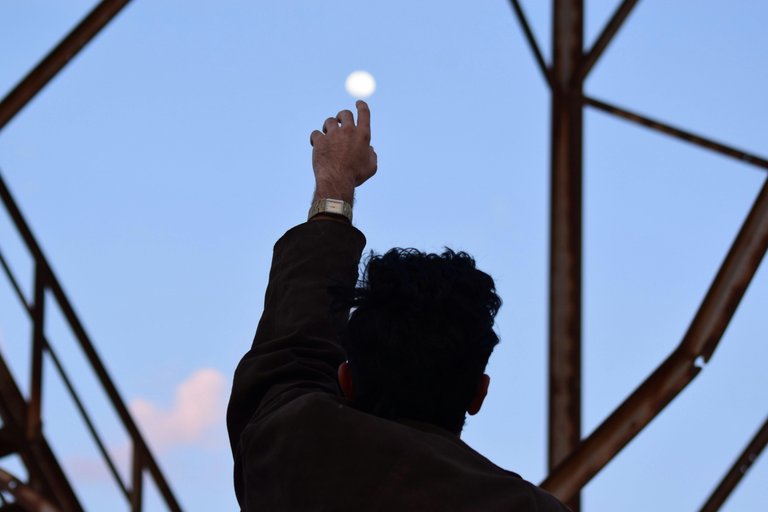The concept of waste exists in the space between reality and possibility.
I think it's a peculiar human construct that requires us to imagine what could have been, to hold it against what is, and to judge the gap between them.
Also, both a sense of value and a counterfactual is needed, since we can only consider something wasted in comparison to what we think could have been.
In my own journey, waste is mostly noticed on the paths not taken, those moments where lack of discernment led to choices that stretched the road ahead longer than necessary.
For example, postponing my creative pursuits in favor of what seemed practical, only to realize later that both could have coexisted.
More of a realization that only comes with the bitter gift of hindsight, picking a different decision might have shortened the distance to the desired outcome.
However, this longer path, depending on how you view it, could be both a source of regret and an unexpected blessing of additional experience.
One might argue that the very concept of waste is fundamentally subjective. Because, who determines what constitutes optimal use of time, energy, or potential?
By default, we tend to measure waste against societal standards of success or efficiency.
Defining the Undefinable
These metrics themselves deserve scrutiny. Since, a seemingly 'wasted' year of exploration could yield insights that prove invaluable decades later.
That said, there are instances where waste seems more concrete. Opportunities with clear deadlines pass us by.
Resources deteriorate unused.
Skills gathered dust.
These tangible losses seem easier to quantify, though even here, the story isn't always straightforward.
To understand waste more deeply, we may need to distinguish between its various forms.
Wasted potential differs fundamentally from wasted opportunity. The former is an ongoing state, that's usually first noticed by the people around us who seem to know us better than we know ourselves.
Having an outside perspective of who you are as a person may be more accurate than our own self-image.
I tend to experience it more from the presumption that I'm better off sticking to what I know.
Missed opportunities can gradually erode our sense of potential, as an effect, perceived wasted potential begin to color our view of future opportunities.
In my experience, this interaction is a kind of self-fulfilling prophecy. When I began to perceive missed opportunities in my career, it gradually affected my confidence in pursuing new ones.
Of course, with any tension, there's always a catalyst for change. Knowing how wasted potential and opportunity feed into each other has helped me develop better discernment.
I've learned to distinguish between genuine opportunities and mere distractions, for one. The latter is basically the comfortable alternatives that try to keep me from taking necessary risks.
This brings us to another crucial aspect of waste: its relationship with time.
Changing Perceptions
Time is unique among resources. It can't be stored, borrowed, or recovered. Every moment passes, used or unused, and our perception of whether it was wasted changes as we age.
Isn't it ironic that I think I've wasted most of my early twenties doing dumb stuff when in fact during those moments, I thought I was living life exactly as I should?
In the current moment, what I consider wasted potential or opportunity is the things that I pass up on because they don't fit my idea of the 'right' next step.
The logic is that maintaining resonace creates progress. But I'm quite sure, this perception will change in the future.
Hopefully, the framework will remain, serving as a way to distinguish across the new perspectives of waste and the forms they take.
Thanks for reading!! Share your thoughts below on the comments.

